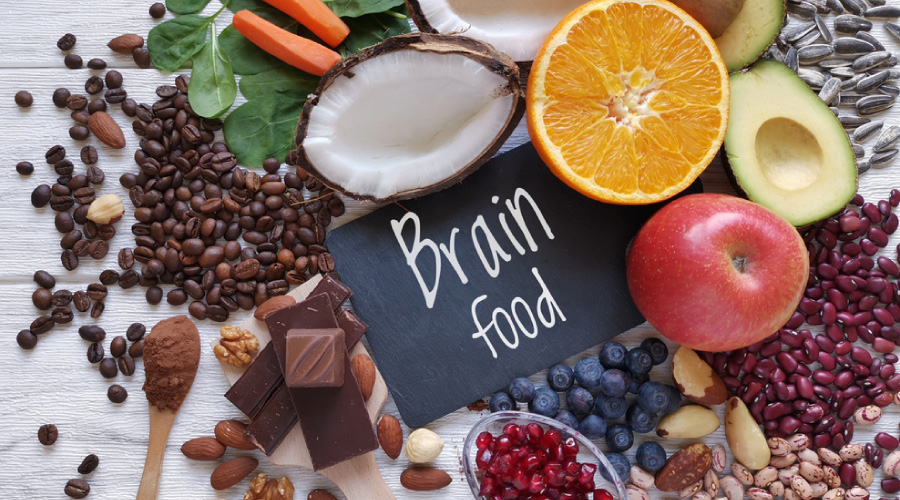Memory is a remarkable aspect of human cognition, enabling us to retain and recall information essential for daily functioning. While factors like genetics and lifestyle habits undoubtedly influence memory, emerging research suggests that diet plays a significant role as well. In this blog post, we’ll delve into the fascinating connection between diet and memory, exploring how certain foods and dietary patterns can enhance cognitive function and support brain health.
Understanding the Brain’s Needs
The brain is a highly metabolically active organ that requires a constant supply of nutrients to function optimally. Key nutrients, such as omega-3 fatty acids, antioxidants, vitamins, and minerals, play vital roles in maintaining brain health and supporting memory processes. Incorporating these nutrients into our diet can provide the brain with the fuel it needs to perform at its best.
The Impact of Nutrient-Dense Foods
Certain foods have been identified for their potential to enhance memory and cognitive function. For example, fatty fish like salmon, rich in omega-3 fatty acids, have been linked to improved memory and cognitive performance. Similarly, fruits and vegetables, particularly those rich in antioxidants like berries and leafy greens, can help protect brain cells from oxidative stress and inflammation, both of which are associated with cognitive decline.
Exploring Dietary Patterns
Beyond individual foods, dietary patterns also play a crucial role in memory enhancement. The Mediterranean diet, characterized by high consumption of fruits, vegetables, whole grains, nuts, and olive oil, has garnered attention for its cognitive benefits. Studies have shown that adhering to a Mediterranean-style eating pattern may lower the risk of cognitive decline and improve memory function.
The Gut-Brain Connection
Emerging research has highlighted the intricate relationship between the gut and the brain, often referred to as the gut-brain axis. The gut microbiota, a diverse community of microorganisms residing in the digestive tract, play a significant role in regulating brain health and cognitive function. Consuming foods rich in fiber and prebiotics, as well as fermented foods like yogurt and kefir, can promote a healthy gut microbiome and support optimal brain function.
Practical Tips for Memory-Boosting Nutrition
Incorporating memory-boosting foods into your diet doesn’t have to be complicated. Simple changes like incorporating a variety of colorful fruits and vegetables into your meals, choosing whole grains over refined grains, and opting for healthy fats like those found in nuts, seeds, and olive oil can make a significant difference. Additionally, staying hydrated and limiting intake of sugary and processed foods can further support brain health and memory.
Conclusion
The power of diet to enhance memory is a promising area of research that underscores the importance of nutrition in maintaining brain health and cognitive function. By making conscious choices to fuel our bodies with nutrient-dense foods and adopting healthy dietary patterns, we can support our memory and overall brain health as we age. Remember, what we eat not only nourishes our bodies but also fuels our minds, unlocking the full potential of our cognitive abilities.










![Advertisement [ad]](https://blogger.googleusercontent.com/img/a/AVvXsEjQf9pLW3gEI1cs5Vc6OUVxYIcpNhOfy6zIvYwYuGAlojBxaMUiwV7g0V2T1U5D0NvvJf4fsAy9sCbcTTaRurc3XgO2yfTcGYPb-ABW3tIiyfoLl0aWUEjYibbdeKRibMdfAgXSFBX9FFQ1le1obYxQILeKUk41QtC4QSmgtUFnFv9AKGlIAhUs80xh=s580)

Comments